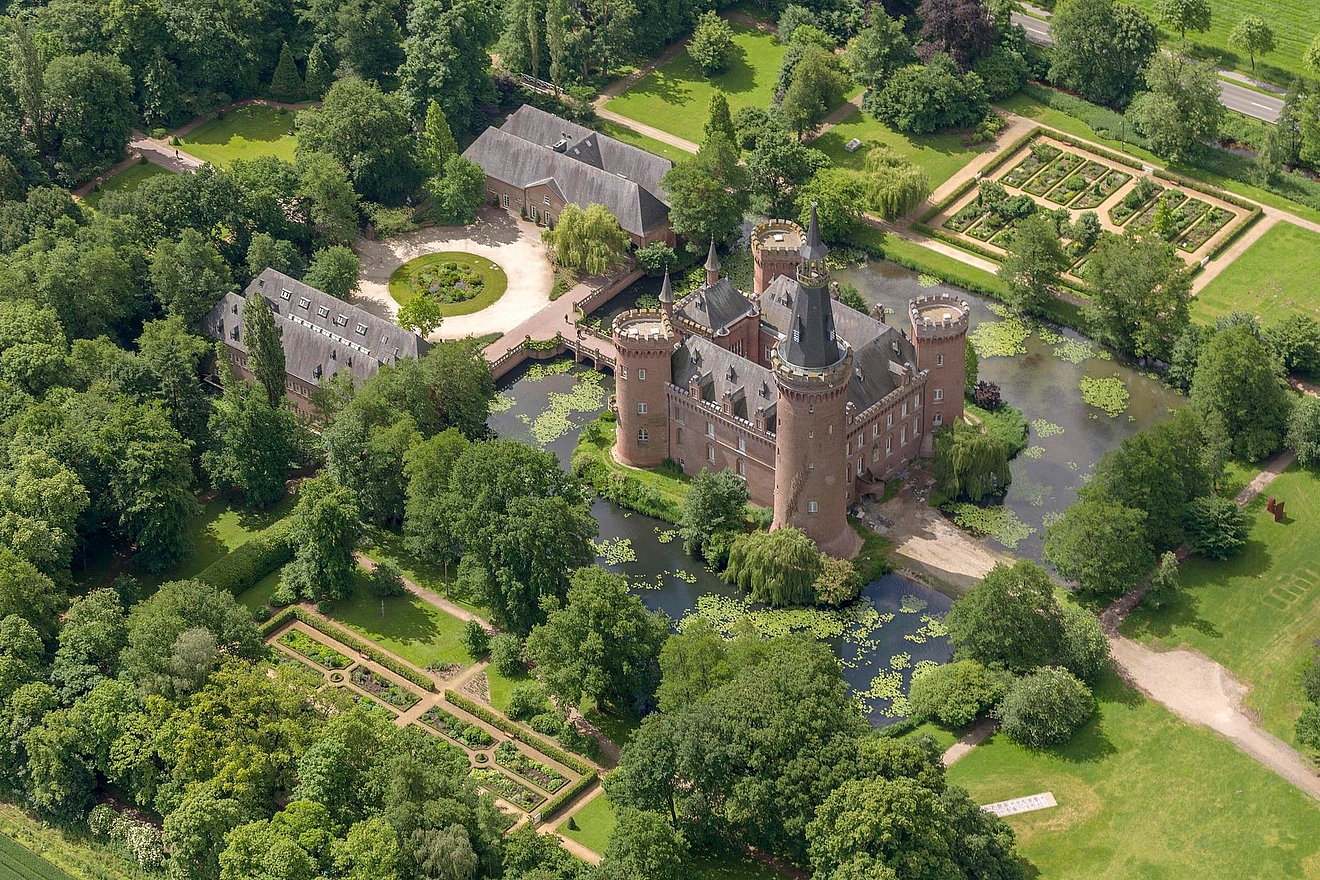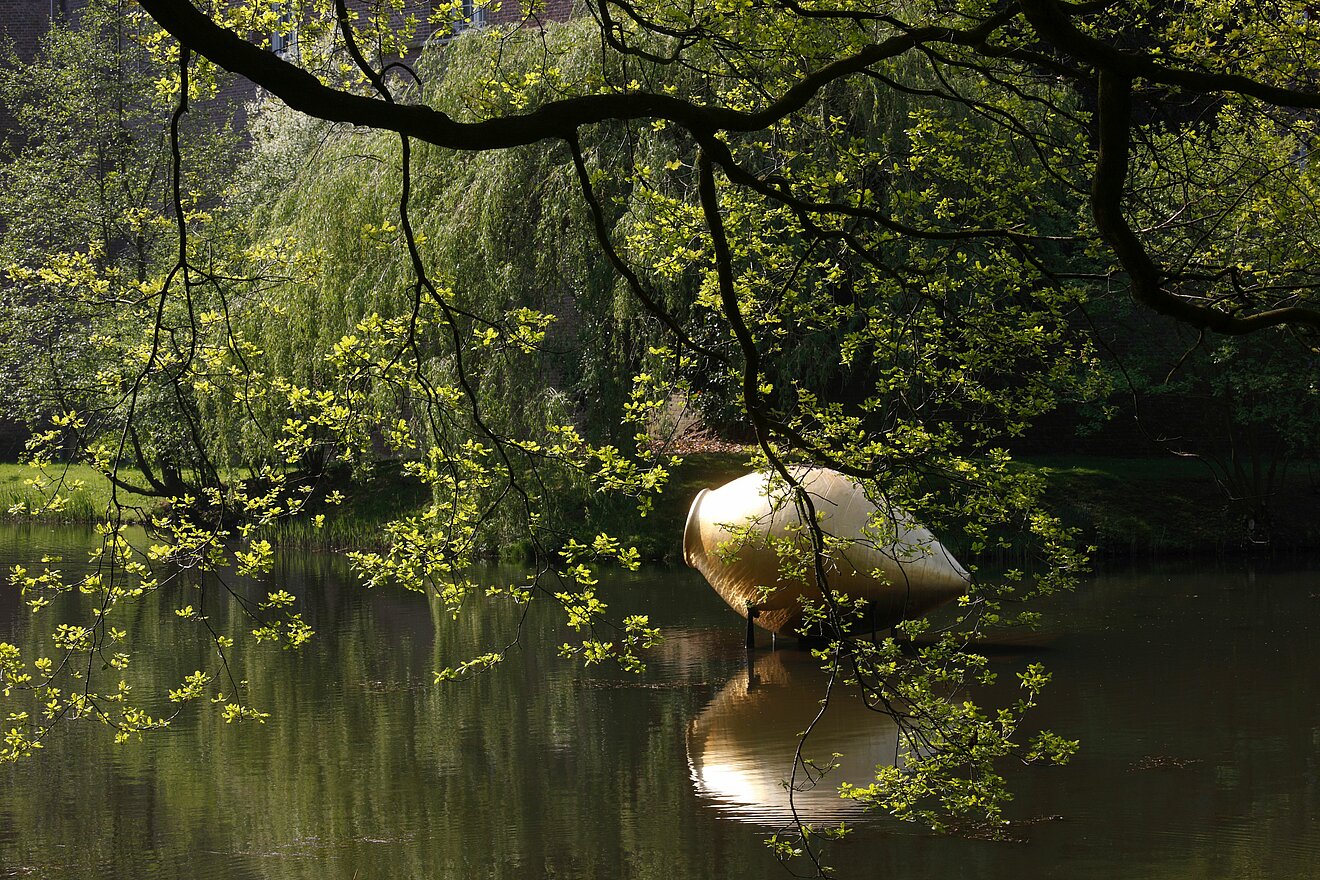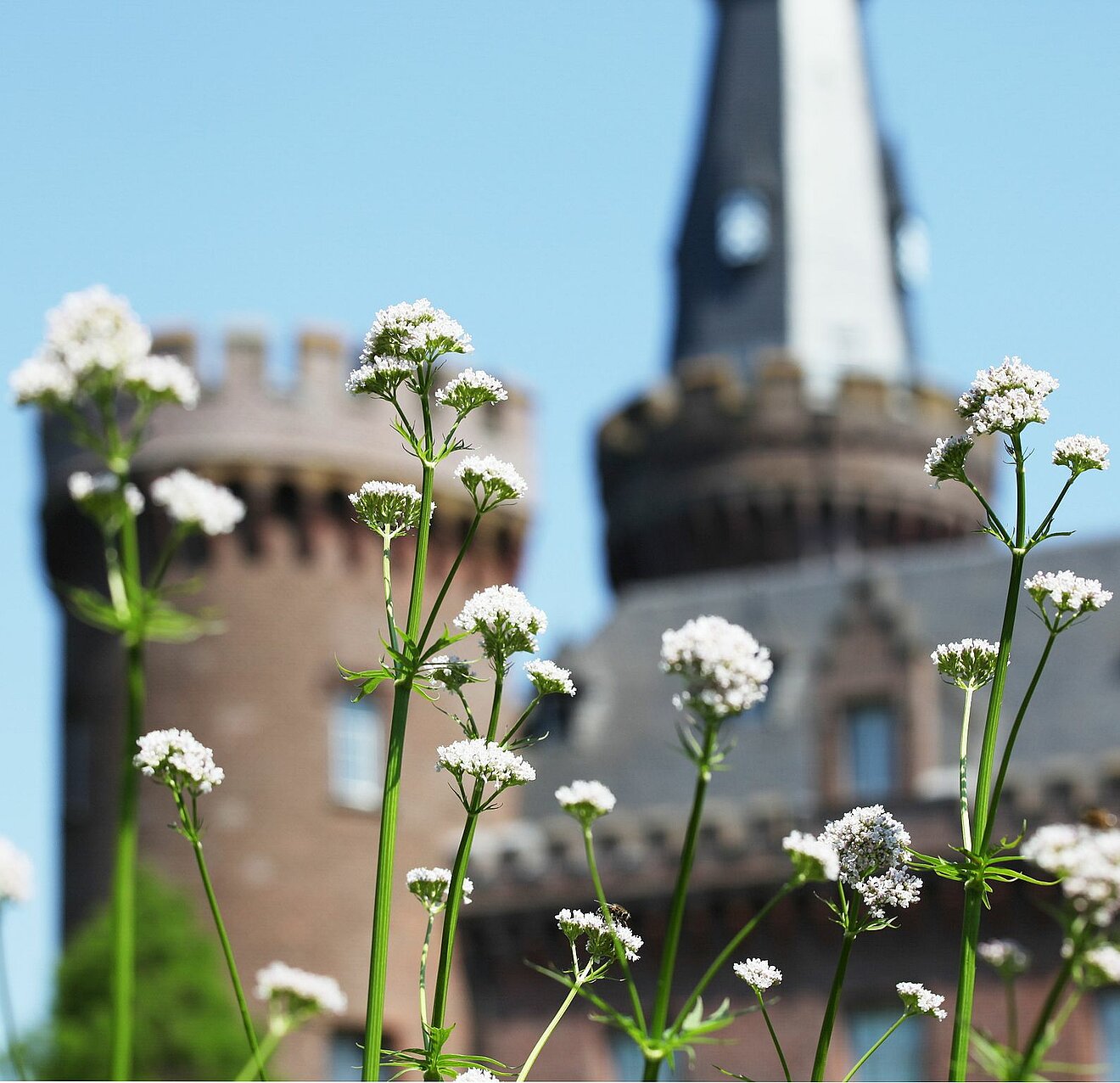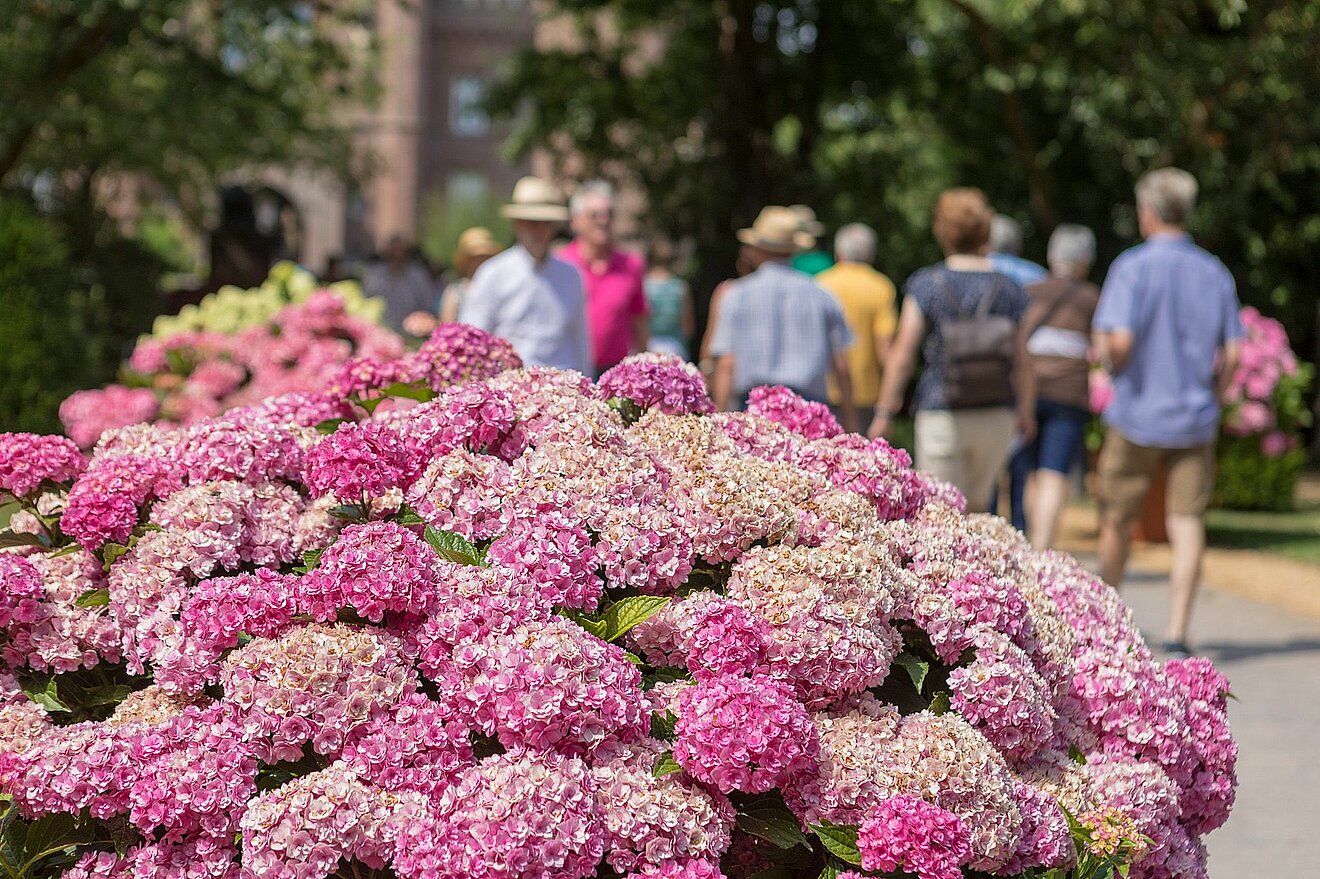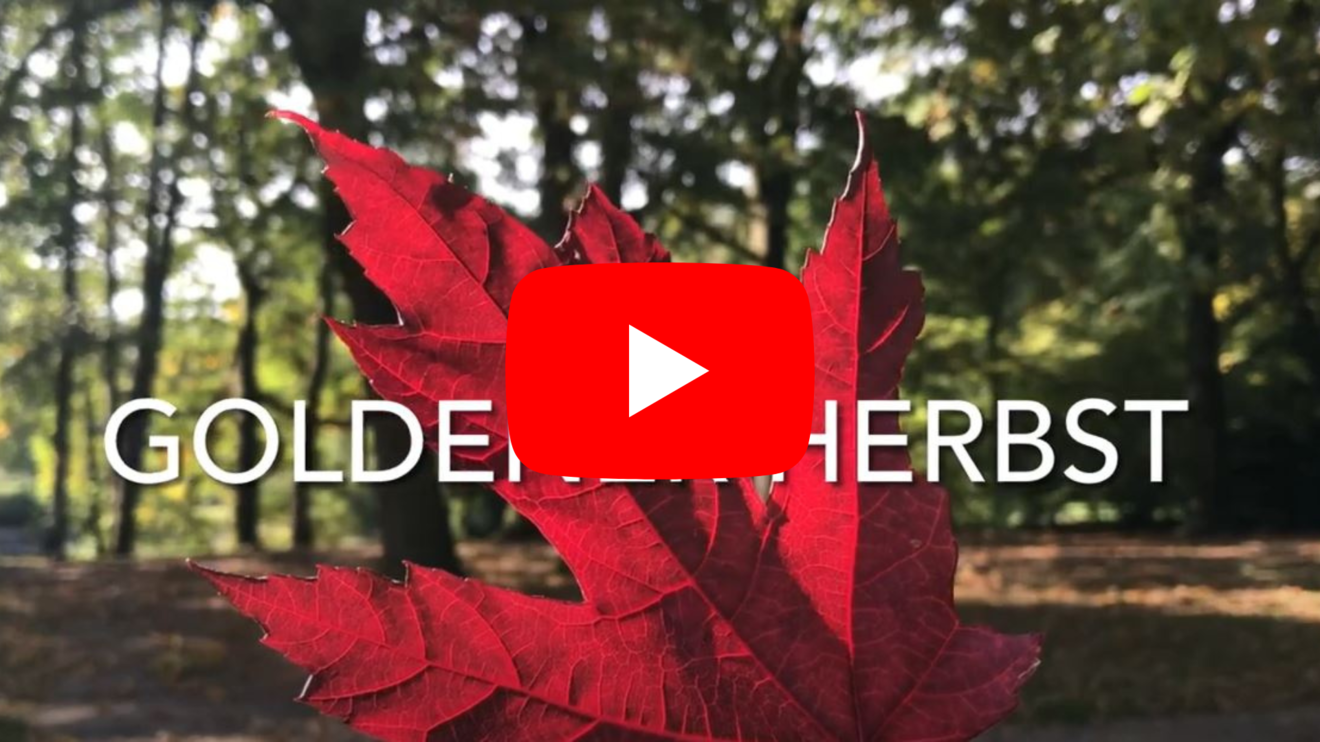Embedded in the landscape of the Lower Rhine, the neo-Gothic moated Moyland Castle with its historic gardens from the late 19th and early 20th century forms an ensemble of high artistic and cultural-historical significance.
Baroque garden elements, such as the system of avenues and moats, still determine the basic structure of the garden to this day. Parallel to the refurbishment of the castle in the neo-Gothic style, a ‘mixed style’ garden was laid out in the late 19th century. In it, sections in the style of an English garden are combined with structures of an architectural garden to create a highly variegated park and garden landscape. Parallel to the reconstruction of the castle, it was also restored to its last historically handed down state.
The garden complex of Moyland has been part of the European Garden Heritage Network (EGHN) since 2024.
Sculpture park
The park is our largest exhibition area. The sculpture park, which was established in 1997, features roughly seventy works of art from the museum’s collection, including works by, among others, Erwin Heerich, Eduardo Chillida, James Lee Byars, and Gerhard Marcks.
The sculptures from the late 20th century blend harmoniously into the historical garden. Outdoor sculptural works, from small-format to monumental artworks, are integrated into the various areas of the garden. This combination of contemporary works of art and historical garden art opens up a variety of relationships between art and nature. It lifts art out of its museum context and places it in a dialogue with designed nature.
You will receive a free site plan at the museum entrance, which will help you to find your way around and includes a list of the exhibited works of art.
Herb garden
The herb garden of the Museum Schloss Moyland is one of the largest and most attractive of its kind in the region. It was laid out in 1999 according to the model of the Anholter-Moyländer Kräuterbuch (Anholt-Moyland Book of Herbs) of 1470, which is today in the Princely Salm-Salm Library of the Museum Wasserburg Anholt.
More than 300 herbs
In sixteen individual beds, you will find over 300 local and foreign herbs, including herbs from the Anholter-Moyländer Kräuterbuch, poisonous plants, exotic herbs, a bed of herbs known from the ancient world, and medicinal plants and herbs that played a role in the herbal medicine of Hildegard von Bingen, as well as culinary herbs.
Public guided tours
Every 2nd Sunday of the month (June to October), 1:00 pm
Fee: 4 €, plus admission
Garden Life with Herb Garden Festival 2024
9–12 May 2024
Hydrangea collection
Hydrangeas fascinate with their richness of forms and colours. A total of more than 2,500 plants from over 530 different hydrangea varieties, including the awarded Schloss Moyland variety, are at home in the historic gardens, and form the largest hydrangea collection in Germany.
History and Origins
Hydrangeas have a long tradition in the castle gardens of Europe. In the eighteenth century, the shrubs came from Asia to the European continent. Hydrangeas have their origins in two regions of the world, which explains the variety of forms. The species from Asia were the first to become known in Europe, especially the species Hydrangea macrophylla with ball or plate flowers (also known in Germany as ‘Bauernhortensien’ or farmer’s hydrangea), Hydrangea paniculata (panicled hydrangea), and Hydrangea serrata, also with plate flowers. From the American continent, the Hydrangea arborescens (wild hydrangea), among others, came here later, showing much looser ball flowers. Other species present in the park are the Hydrangea petiolaris (climbing hydrangea) and the rare Hydrangea involucrata. There are now roughly 1,000 named hydrangea varieties. Hydrangeas are considered a symbol of gratitude, grace, and beauty.
Public guided tours
Every 2nd Sunday of the month (June to October), 4:00 pm
Fee: 4 €, plus admission
Hydrangea Festival 2024
13–14 July 2024
Hydrangea Summer
After the festival weekend, the two-week hydrangea summer begins. When the hydrangeas are in full bloom and unfold their most beautiful splendour, it is the ideal time for a visit to Schlosspark Moyland. During the hydrangea summer, there will be more guided tours of hydrangeas and a selection of hydrangeas will be on sale in the museum shop.
Gallery
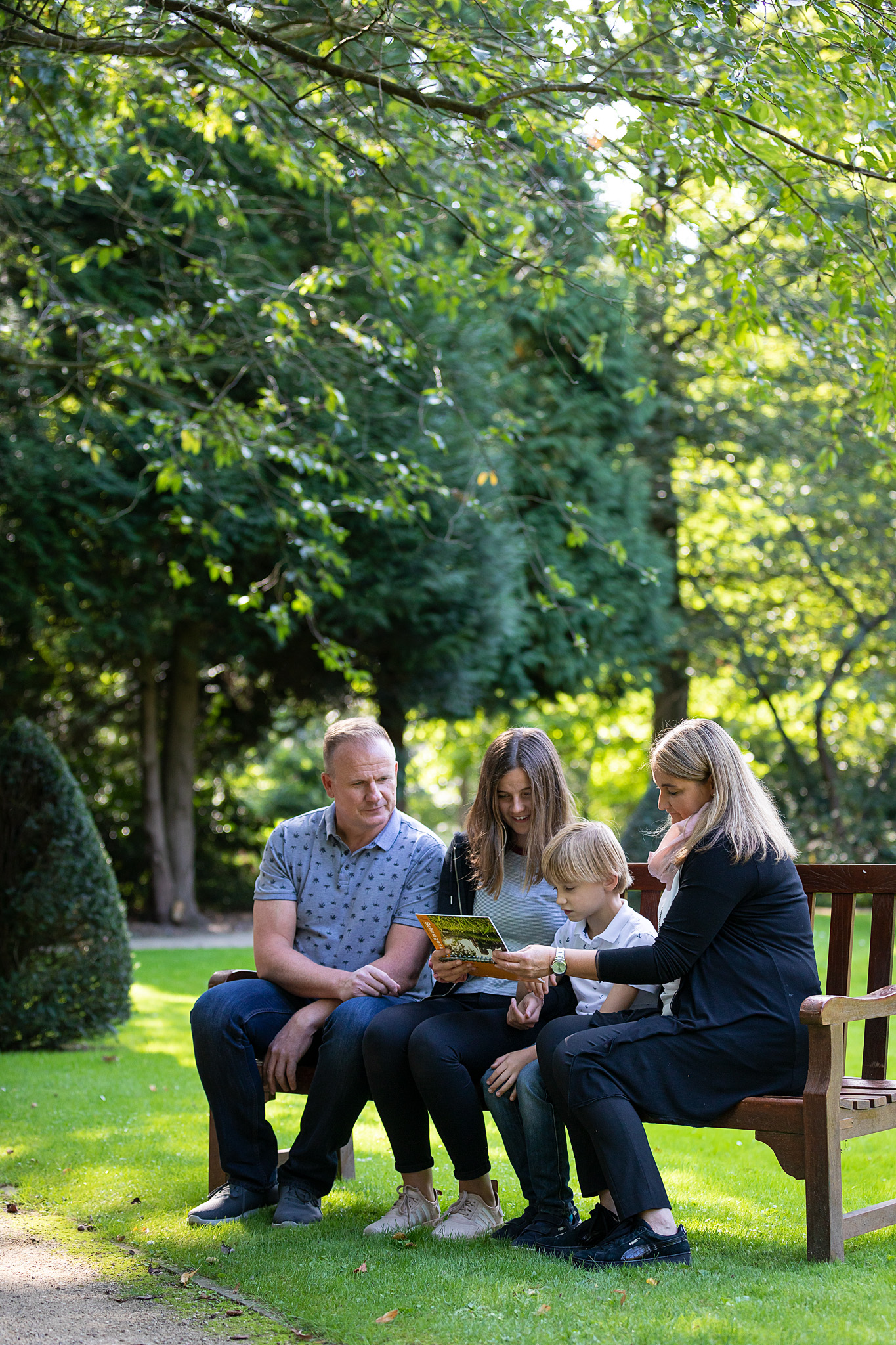
Foto: Stiftung Museum Schloss Moyland/Axel Jusseit
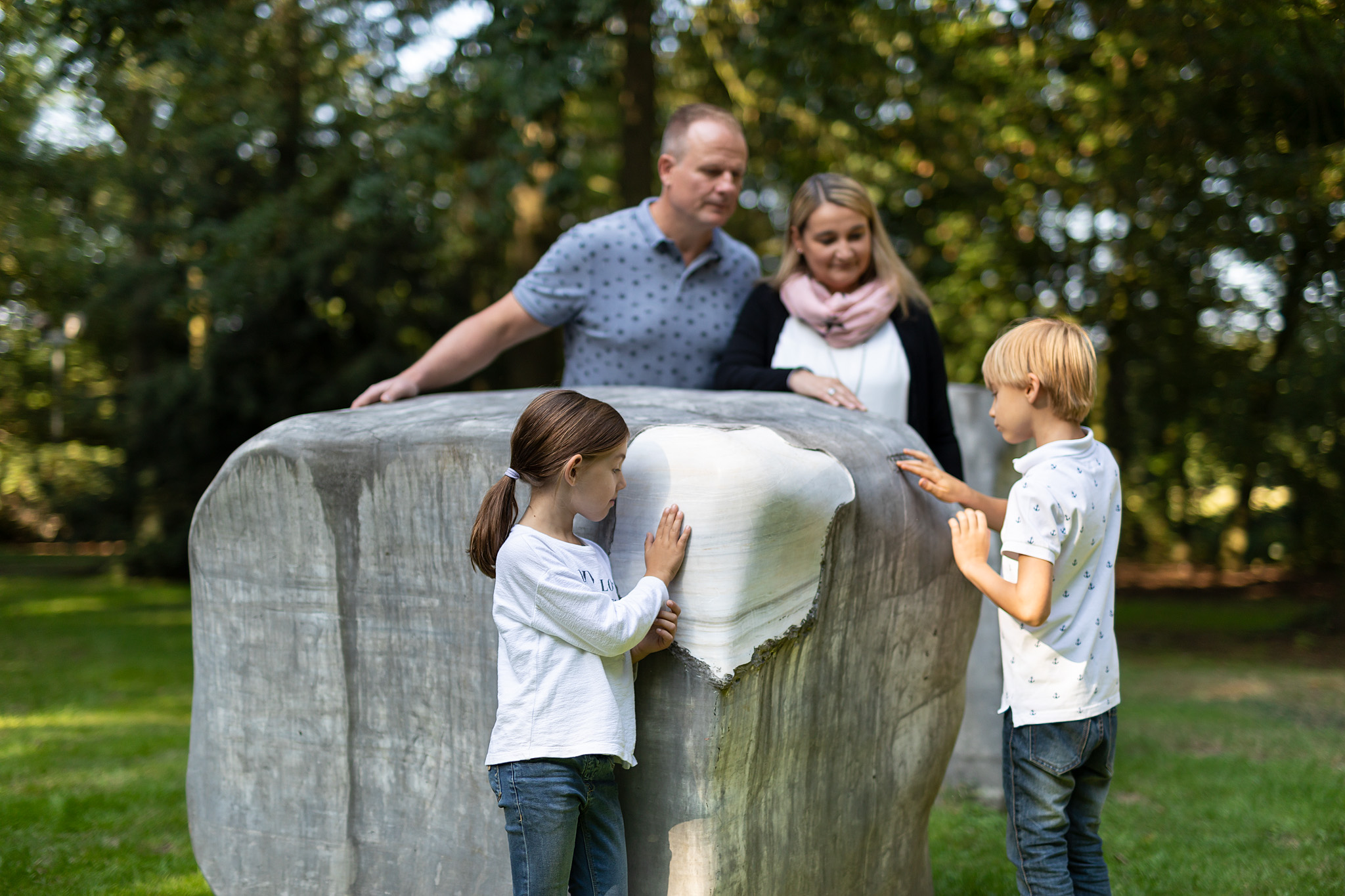
Jo Gijsen, Grieks verbond (Griechischer Verbund), 1977/1993 (Detail) Foto: Stiftung Museum Schloss Moyland/Axel Jusseit
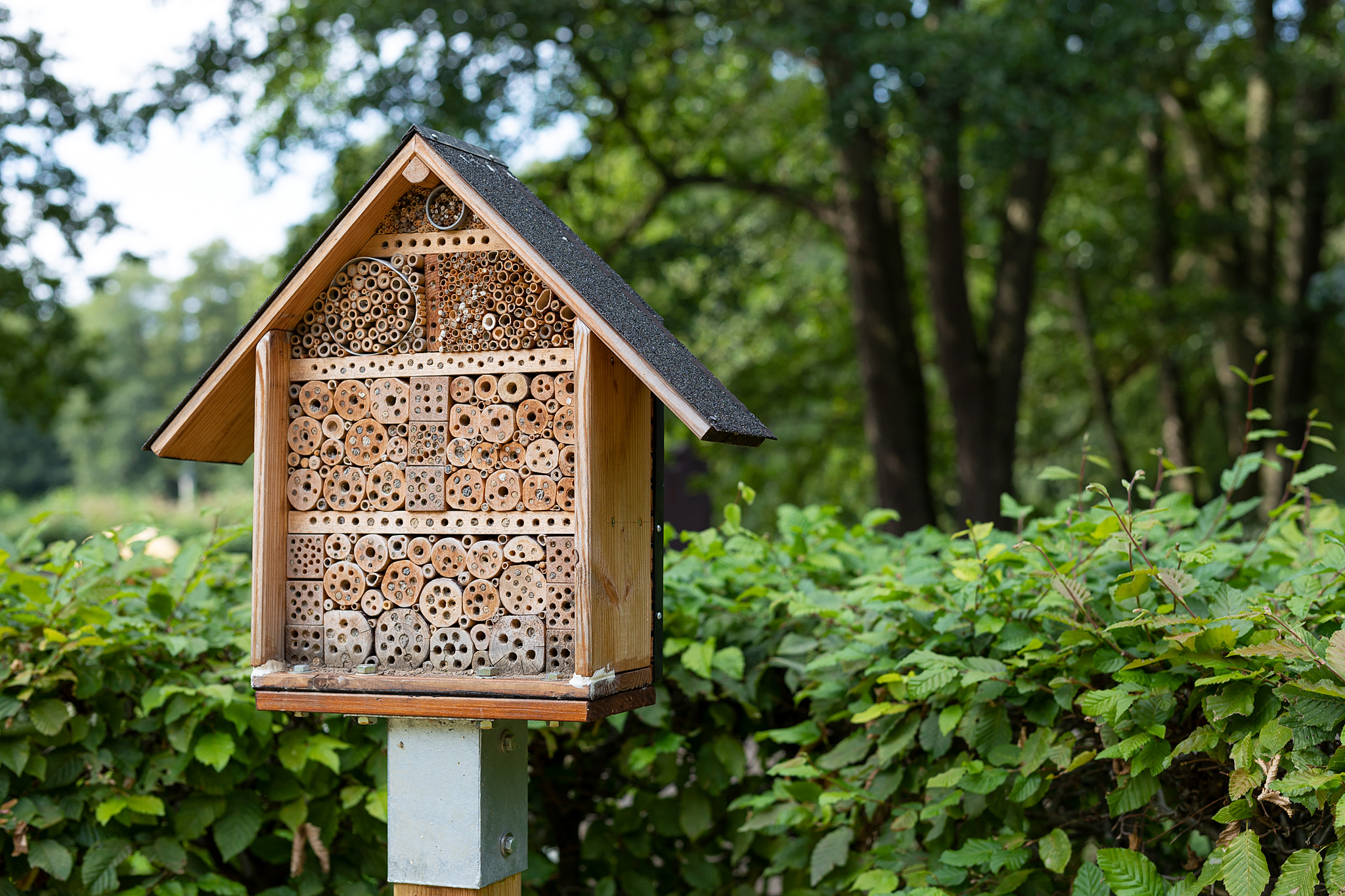
Foto: Stiftung Museum Schloss Moyland/Axel Jusseit
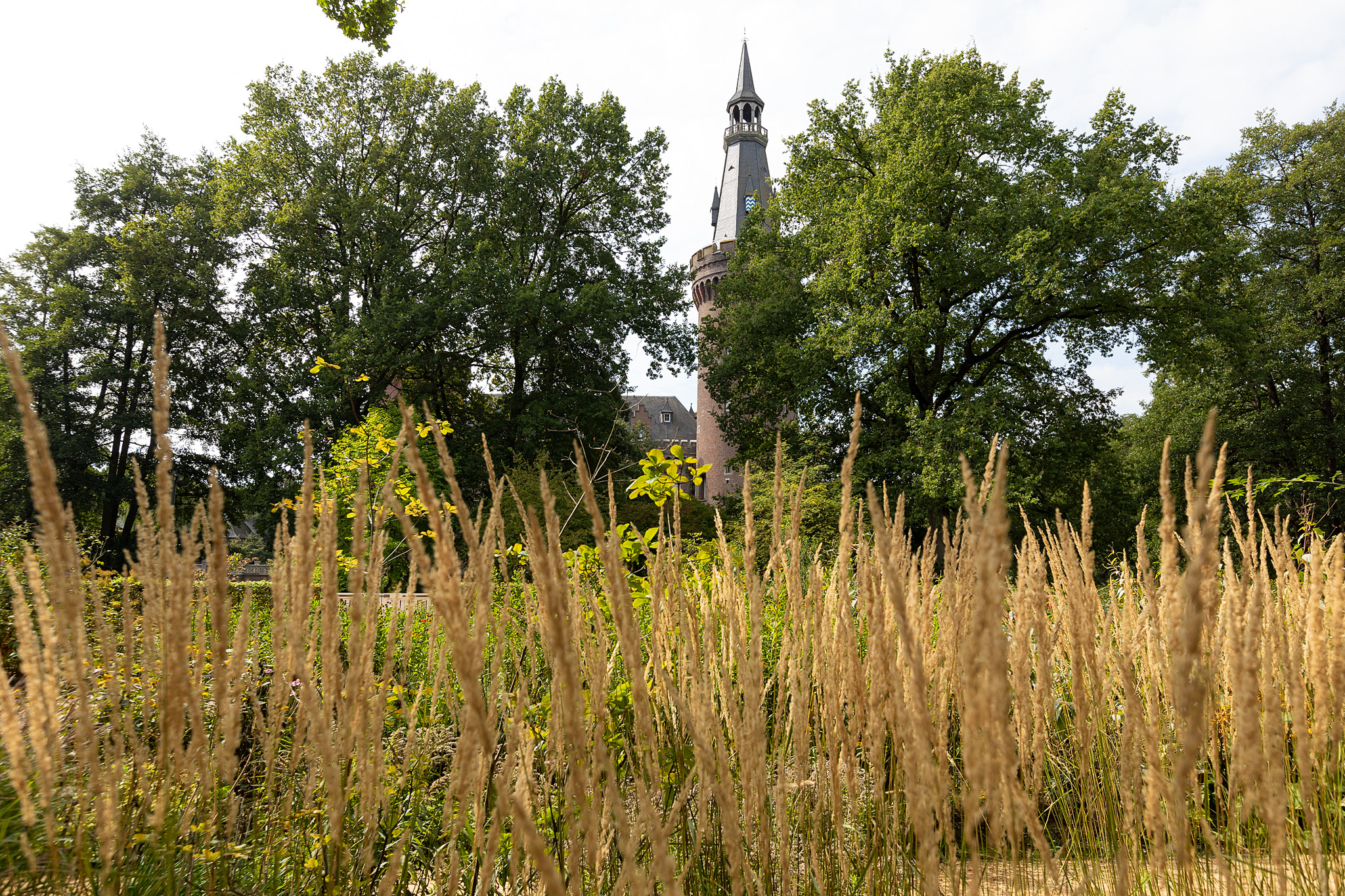
Blumen- und Staudengarten Foto: Stiftung Museum Schloss Moyland/Axel Jusseit
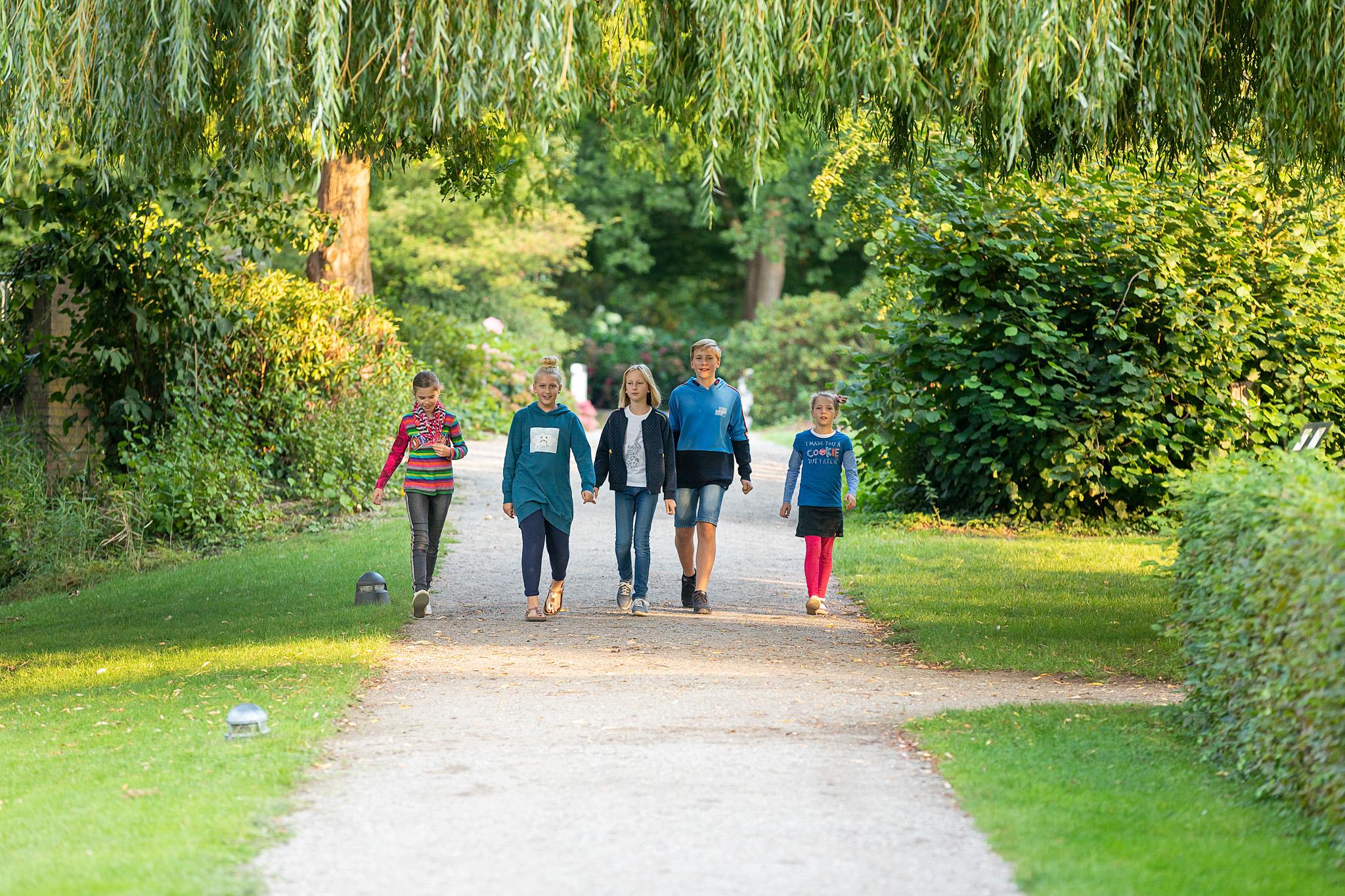
Foto: Stiftung Museum Schloss Moyland/Axel Jusseit
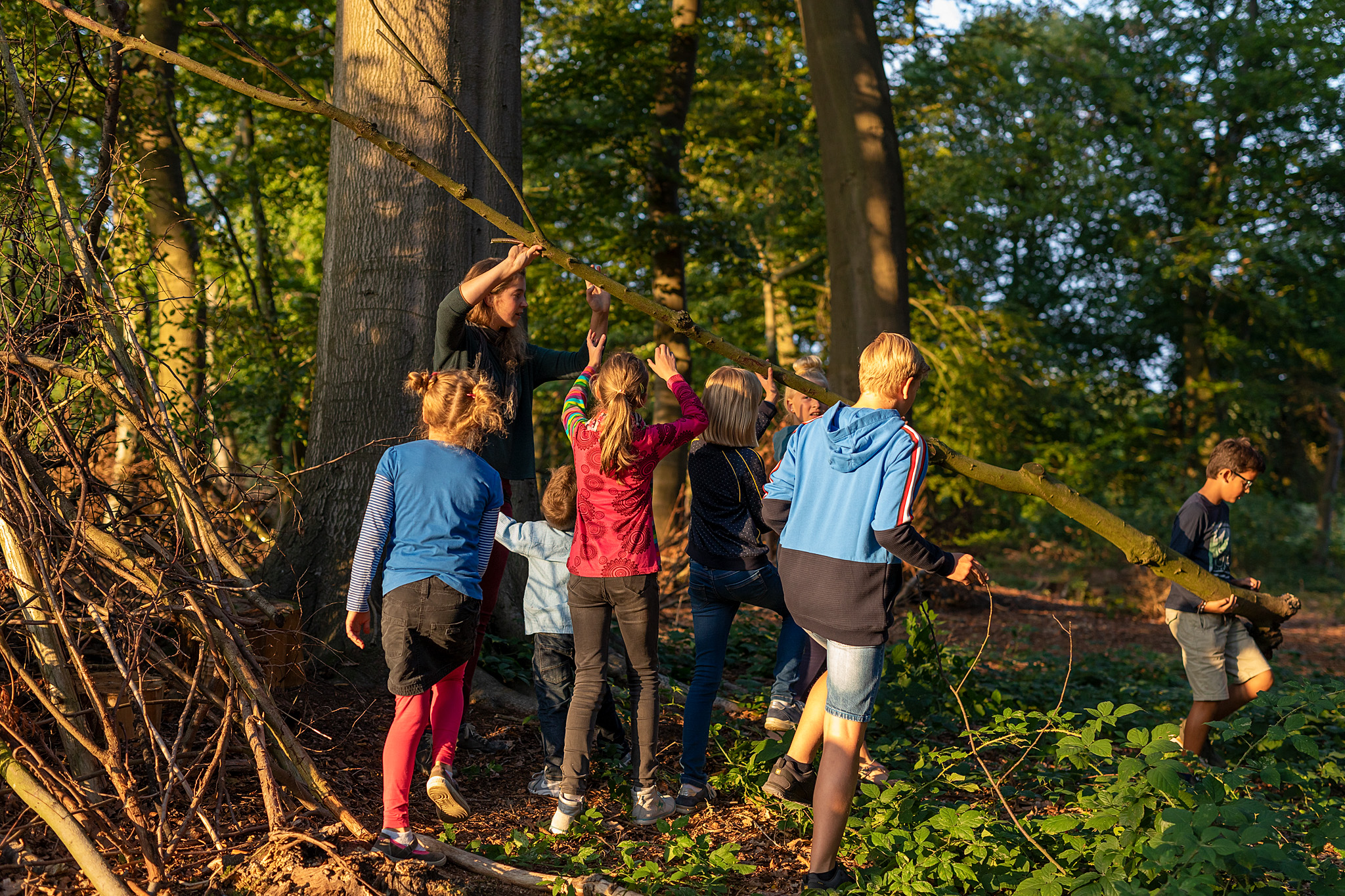
Naturworkshop im Wäldchen Foto: Stiftung Museum Schloss Moyland/Axel Jusseit

Naturerfahrung im Schlosspark Foto: Stiftung Museum Schloss Moyland/Axel Jusseit
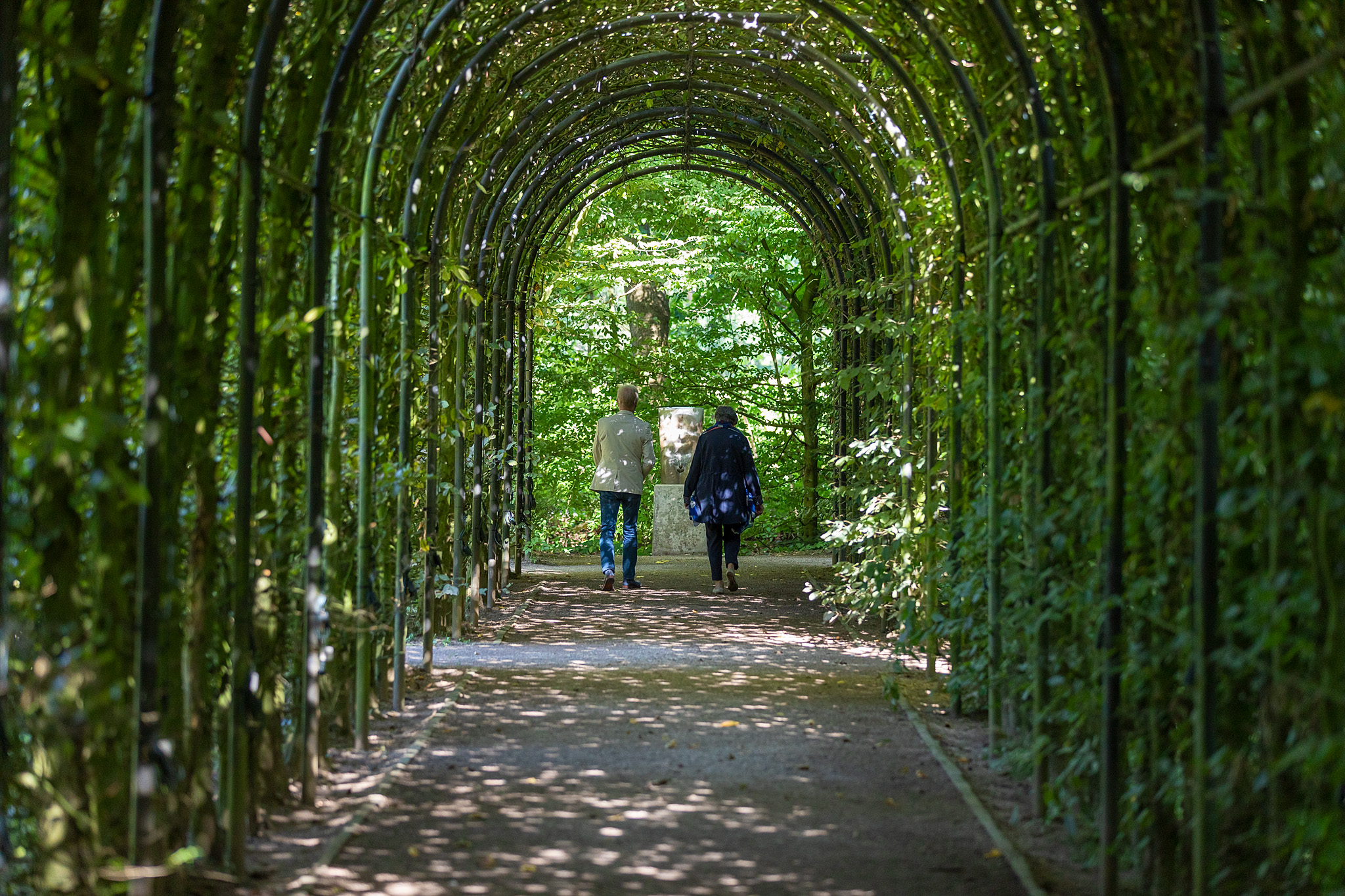
Laubengang Foto: Stiftung Museum Schloss Moyland/Axel Jusseit
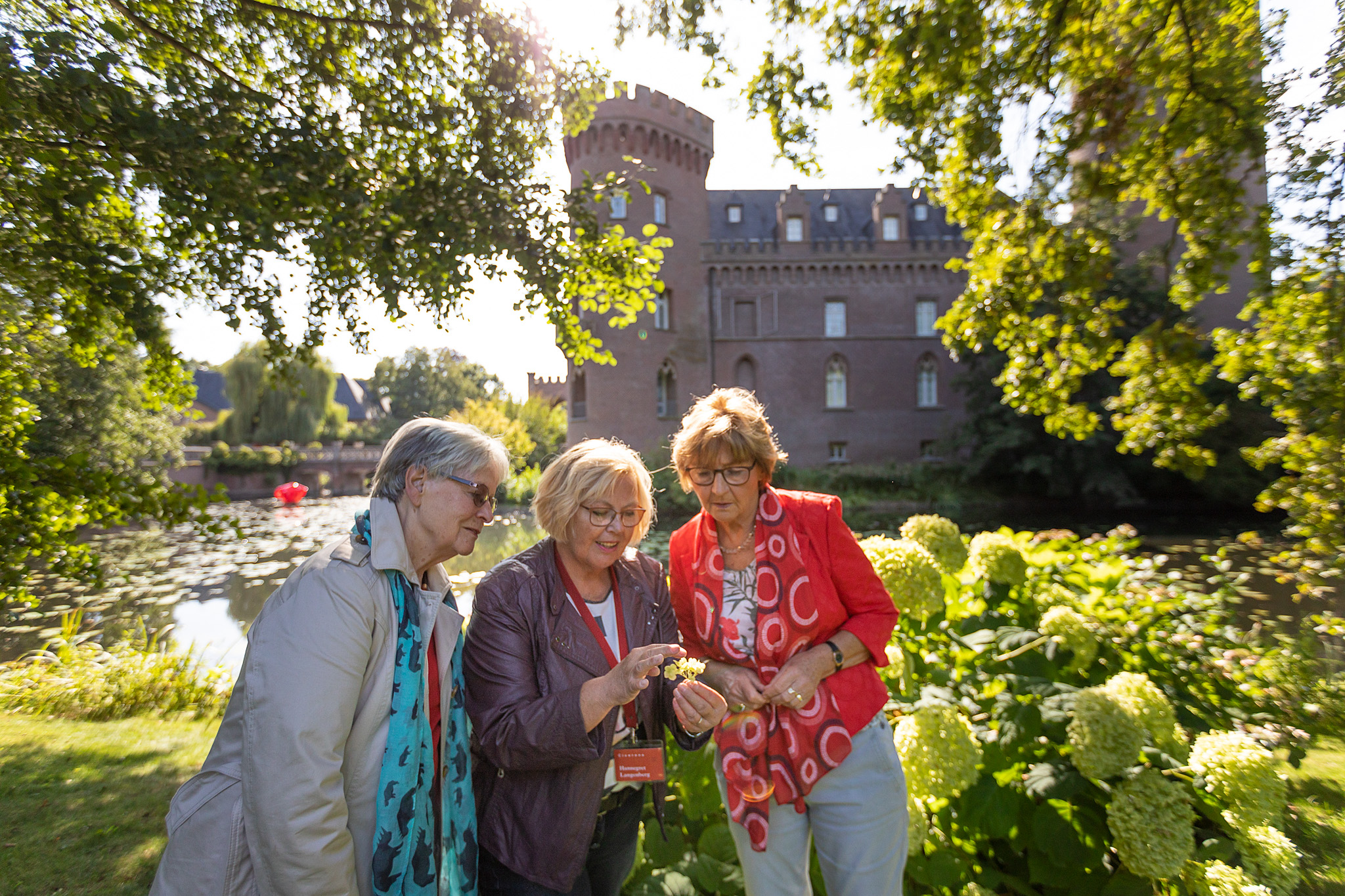
Foto: Stiftung Museum Schloss Moyland/Axel Jusseit
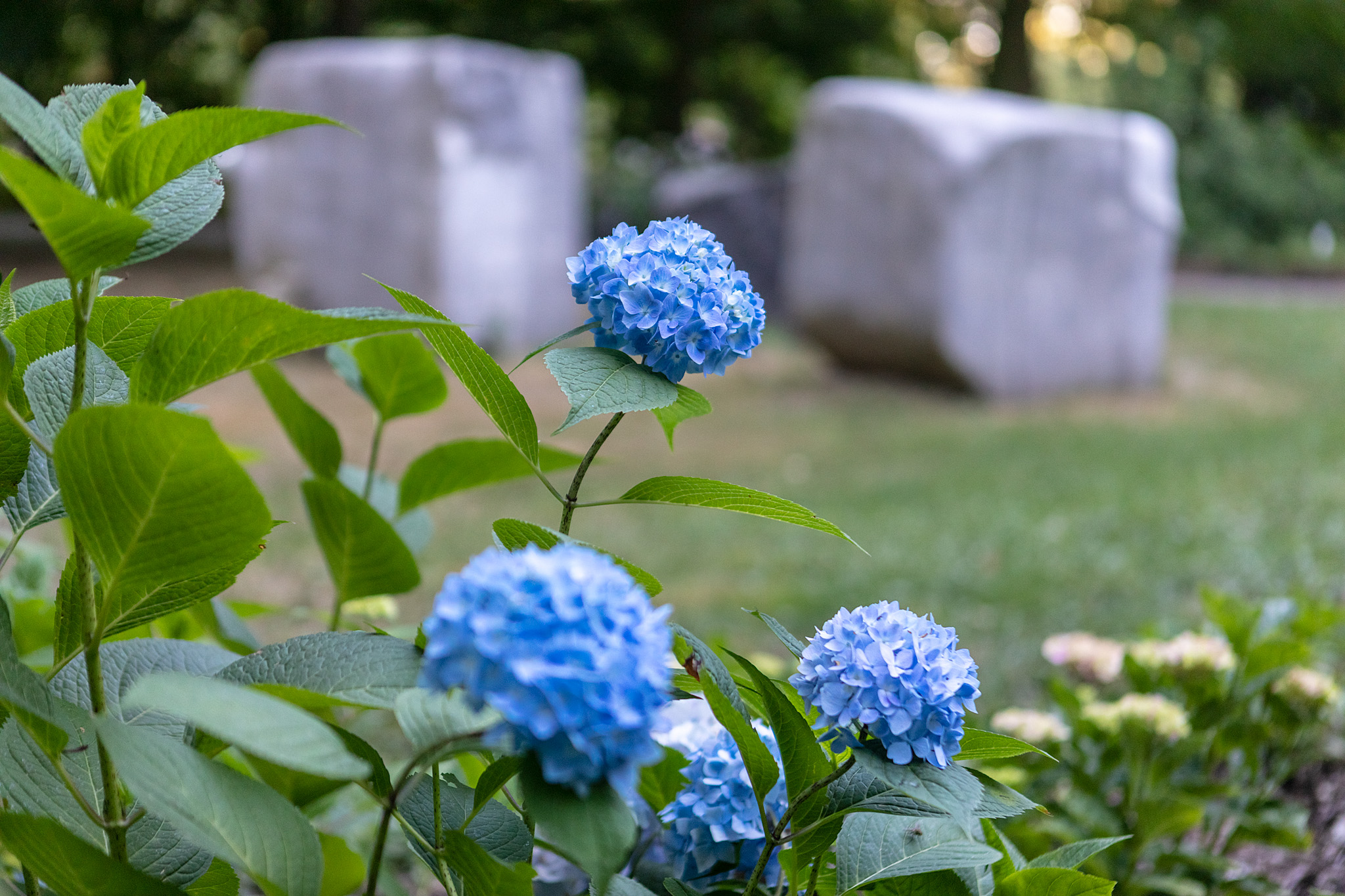
Jo Gijsen, Grieks verbond, 1977/1993 Foto: Stiftung Museum Schloss Moyland/Axel Jusseit
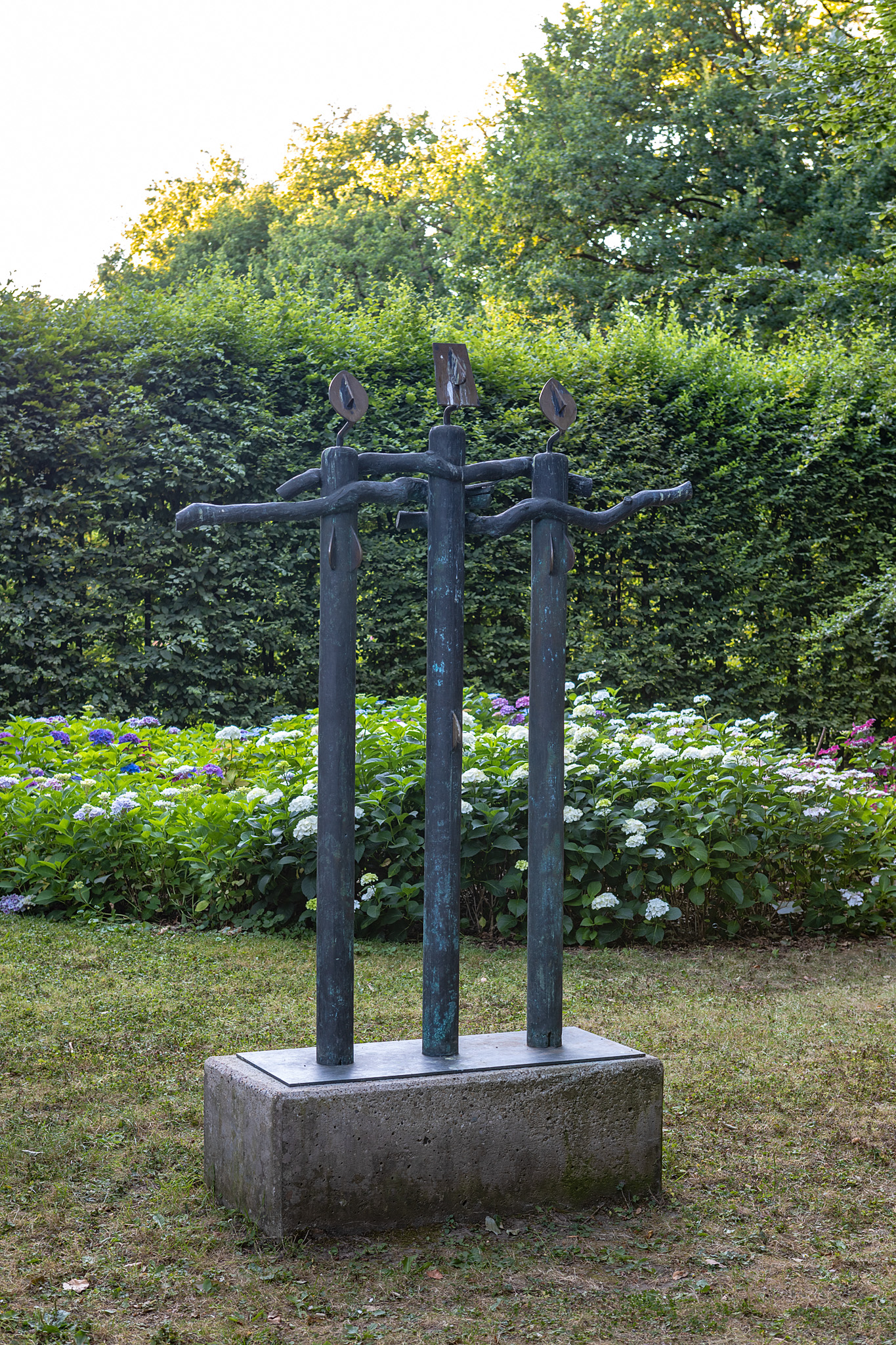
Holger Runge, Frei verbunden, 1991/1997 Foto: Stiftung Museum Schloss Moyland/Axel Jusseit
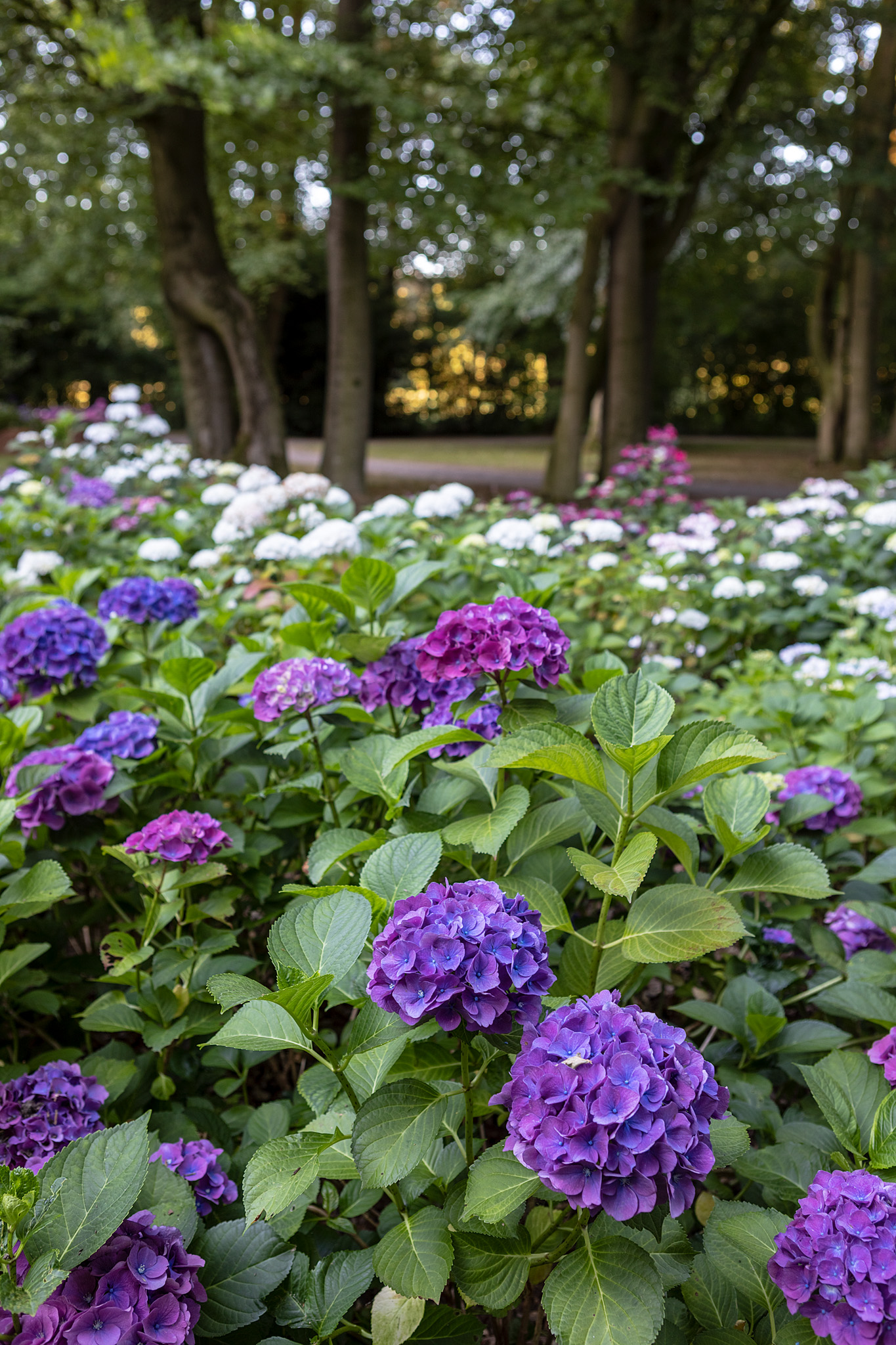
Hortensiensammlung Foto: Stiftung Museum Schloss Moyland/Axel Jusseit
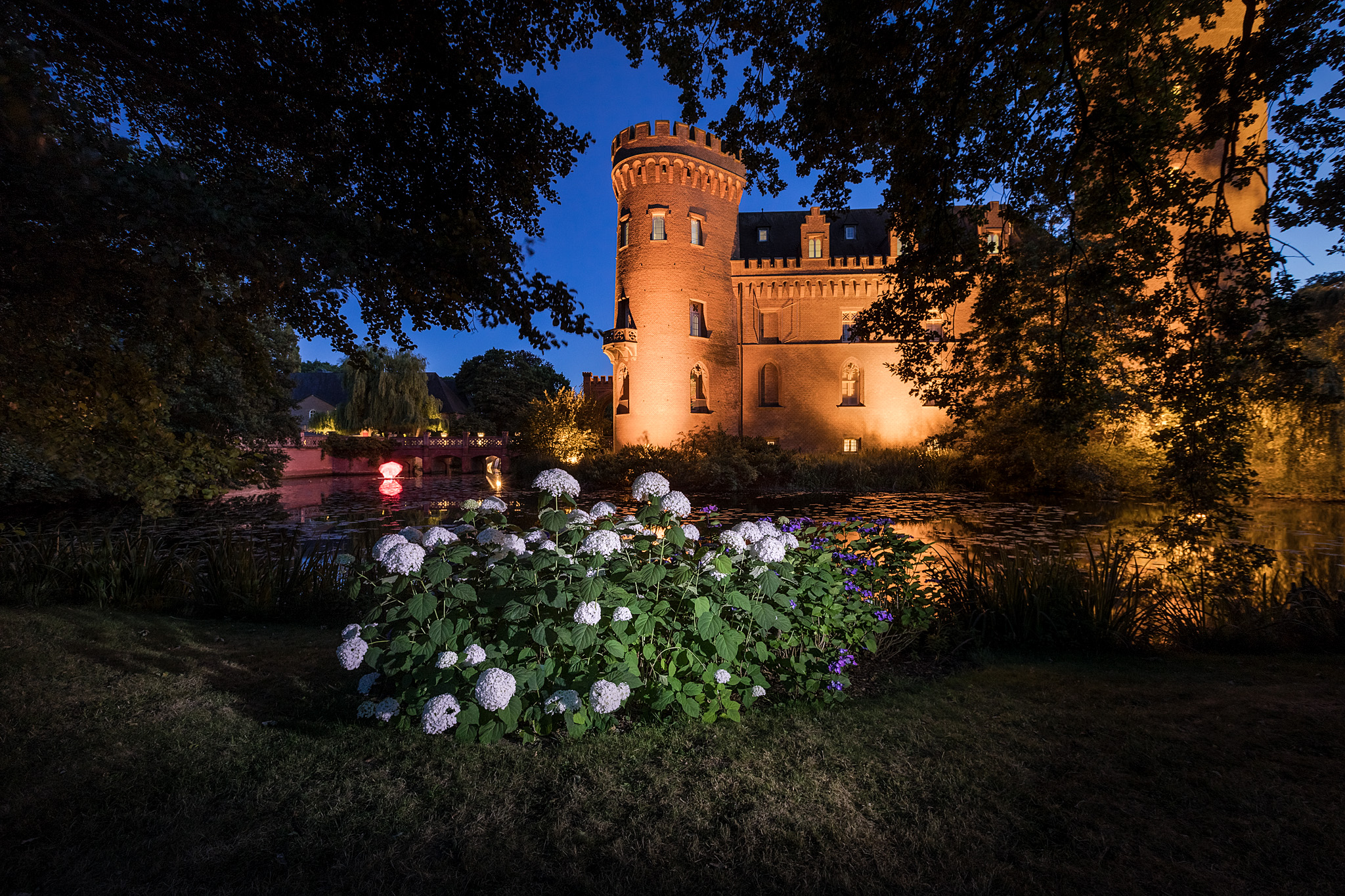
Foto: Stiftung Museum Schloss Moyland/Axel Jusseit
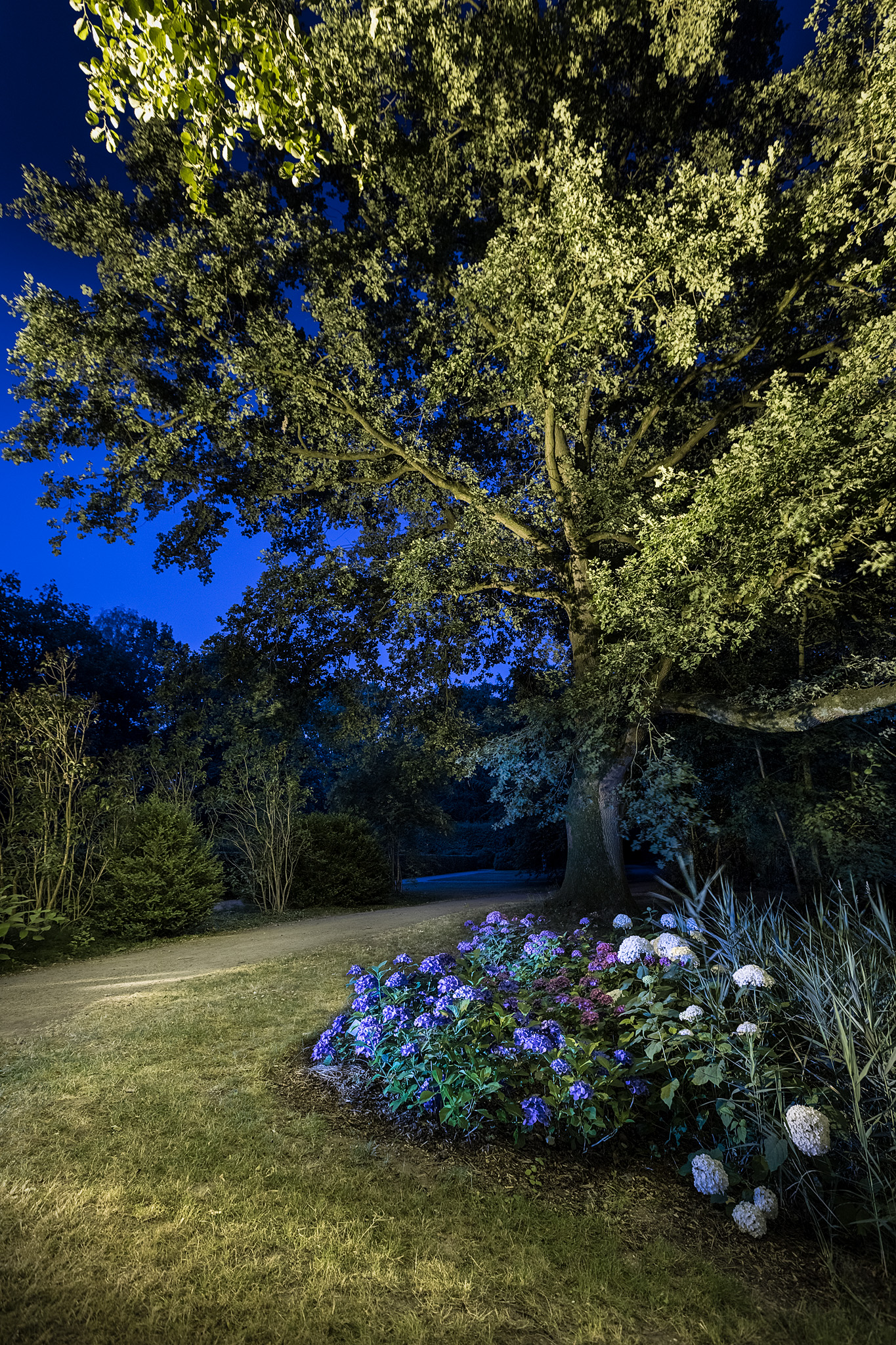
Foto: Stiftung Museum Schloss Moyland/Axel Jusseit
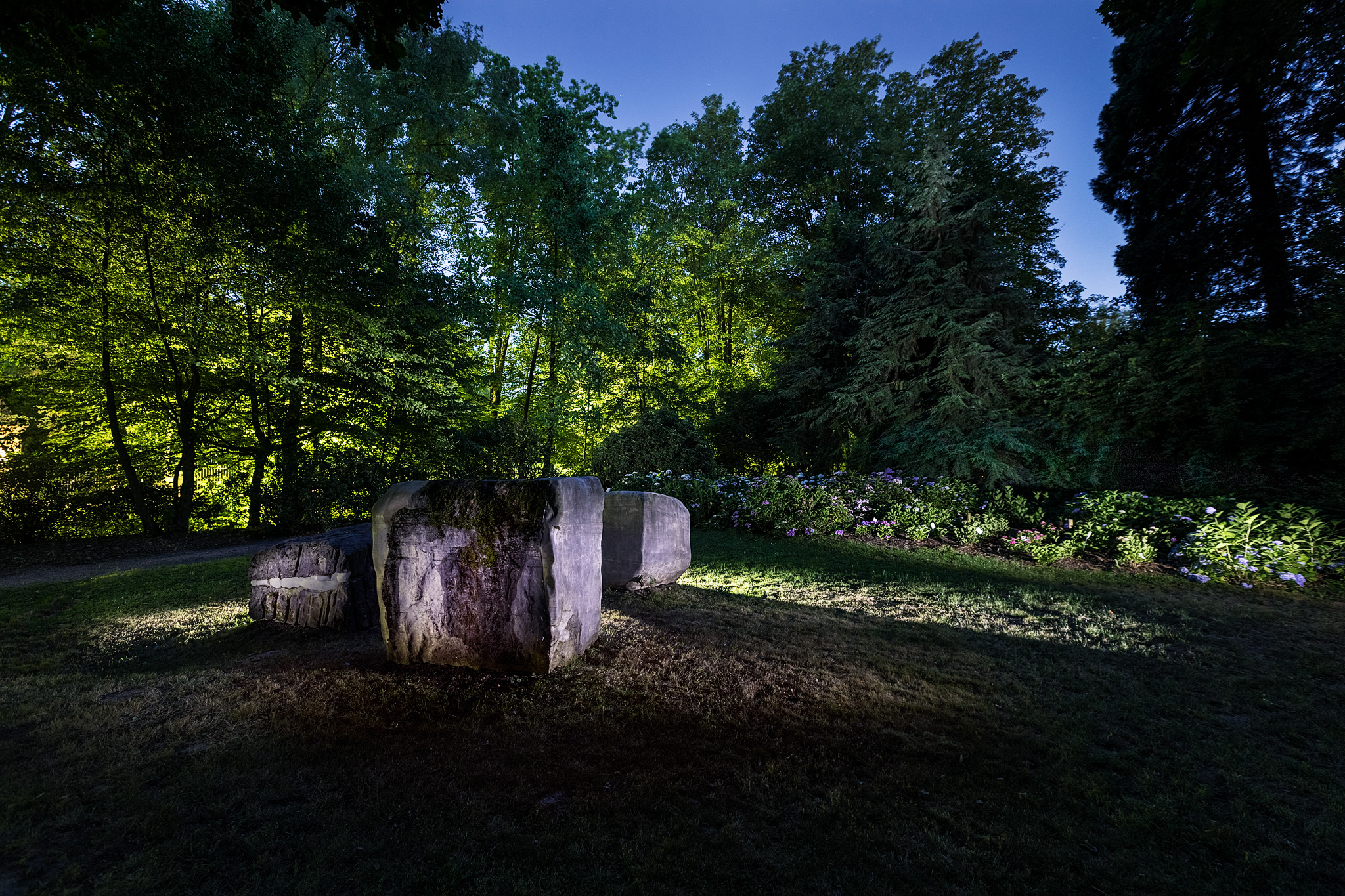
Skulpturen im beleuchteten Schlosspark Foto: Stiftung Museum Schloss Moyland/Axel Jusseit
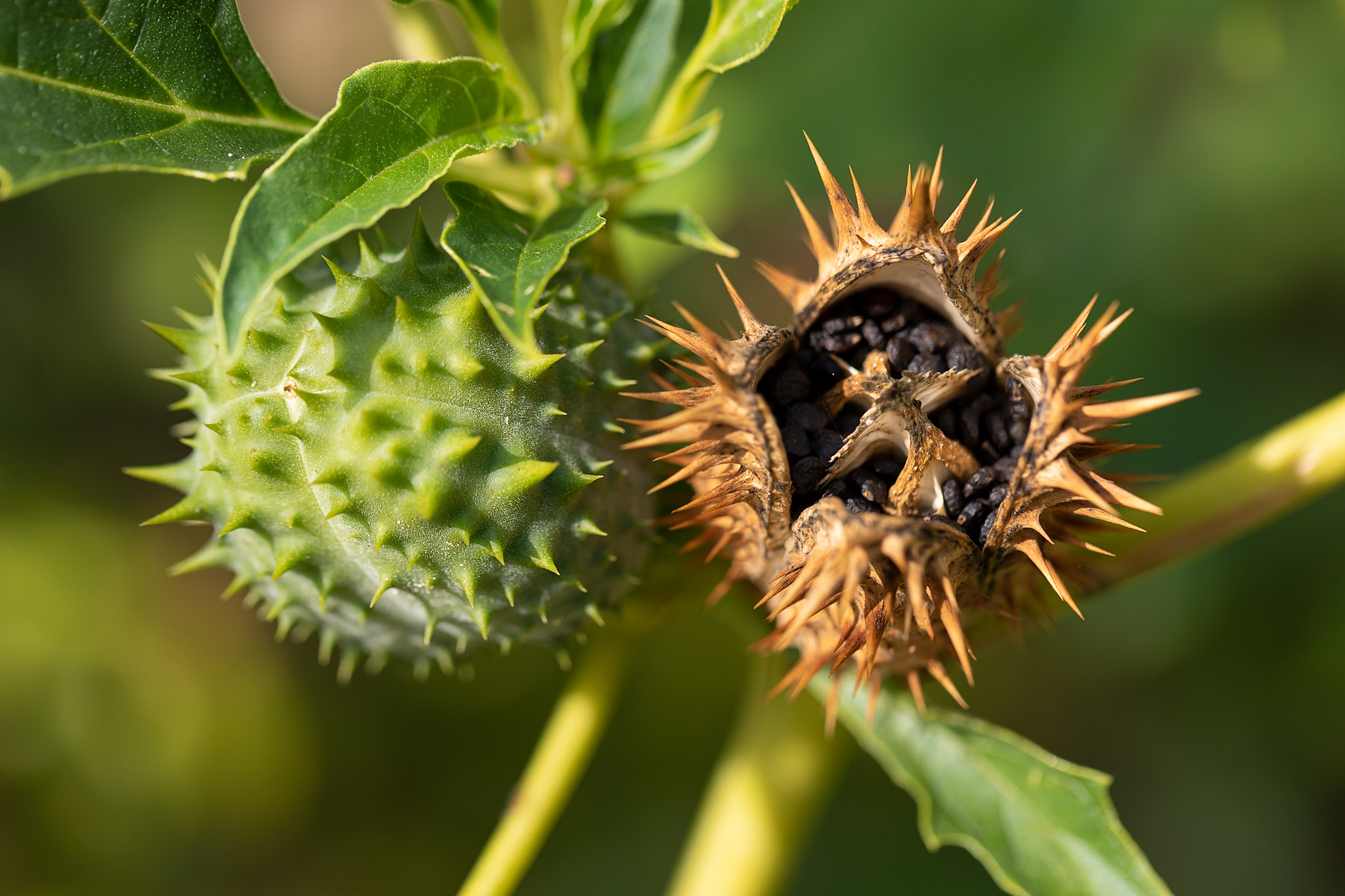
Foto: Stiftung Museum Schloss Moyland/Axel Jusseit
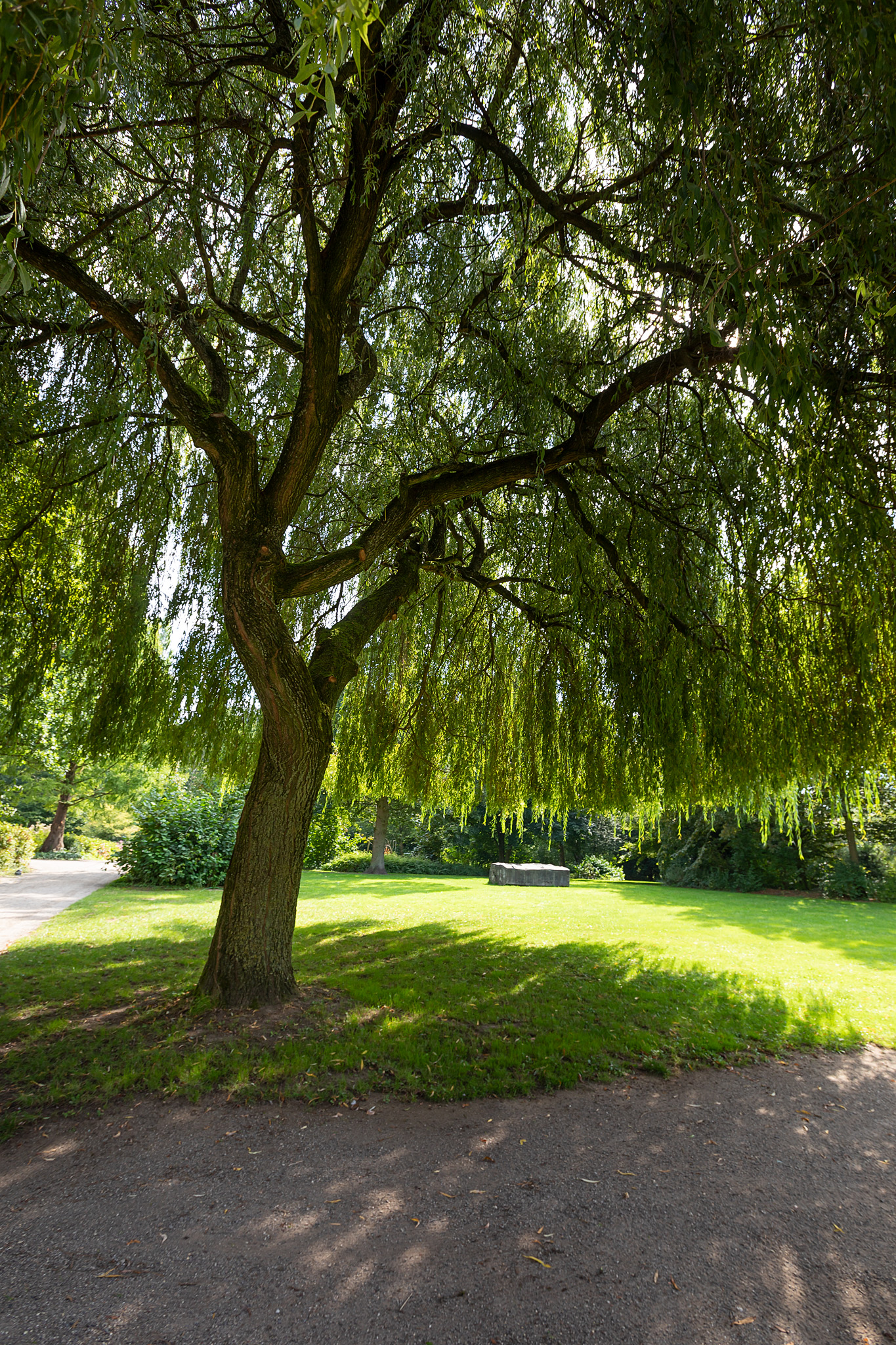
Trauerweide im Schlosspark Foto: Stiftung Museum Schloss Moyland/Axel Jusseit
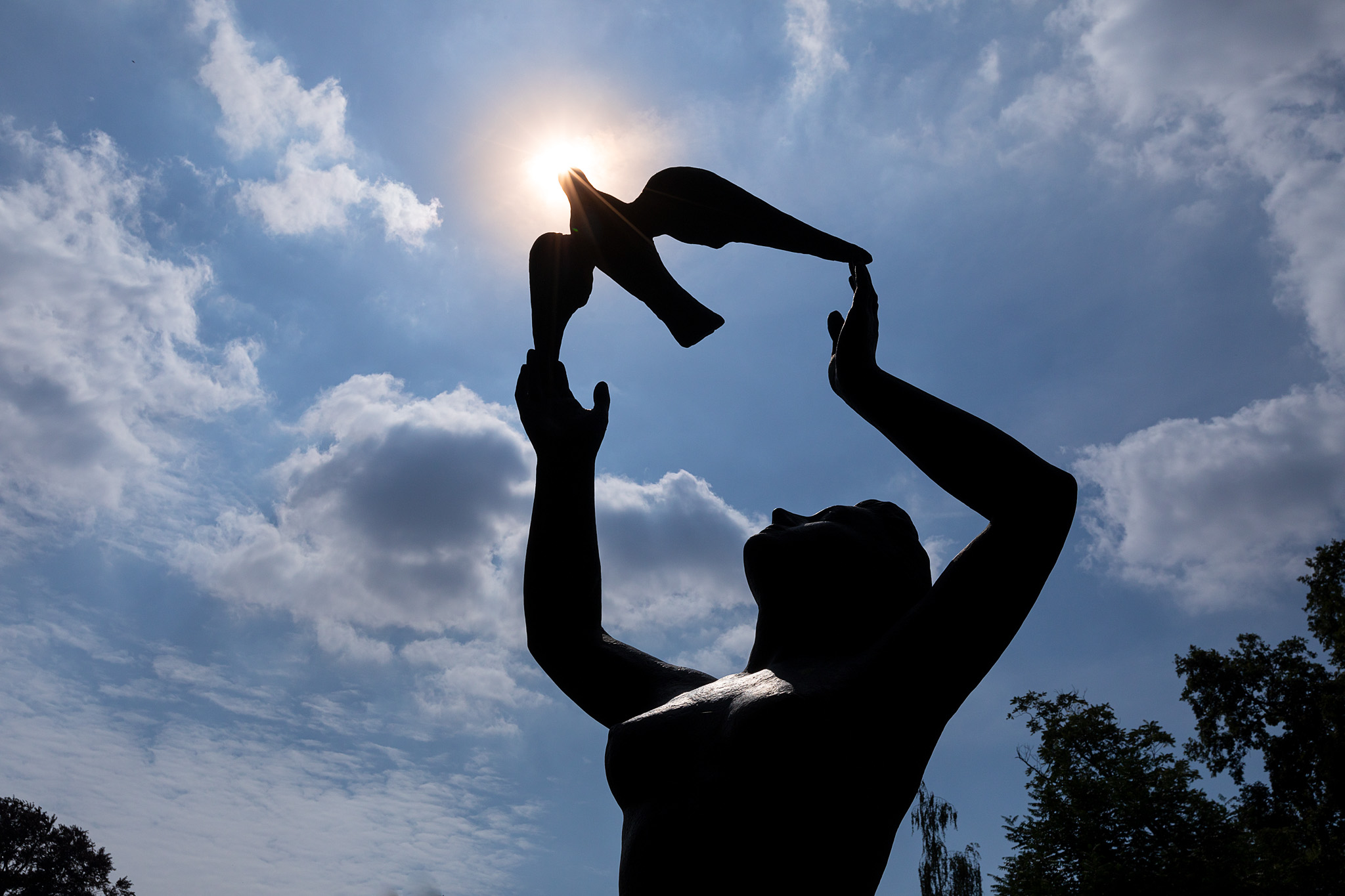
Hans Reicher, Der Friede, 1977 Foto: Stiftung Museum Schloss Moyland/Axel Jusseit


